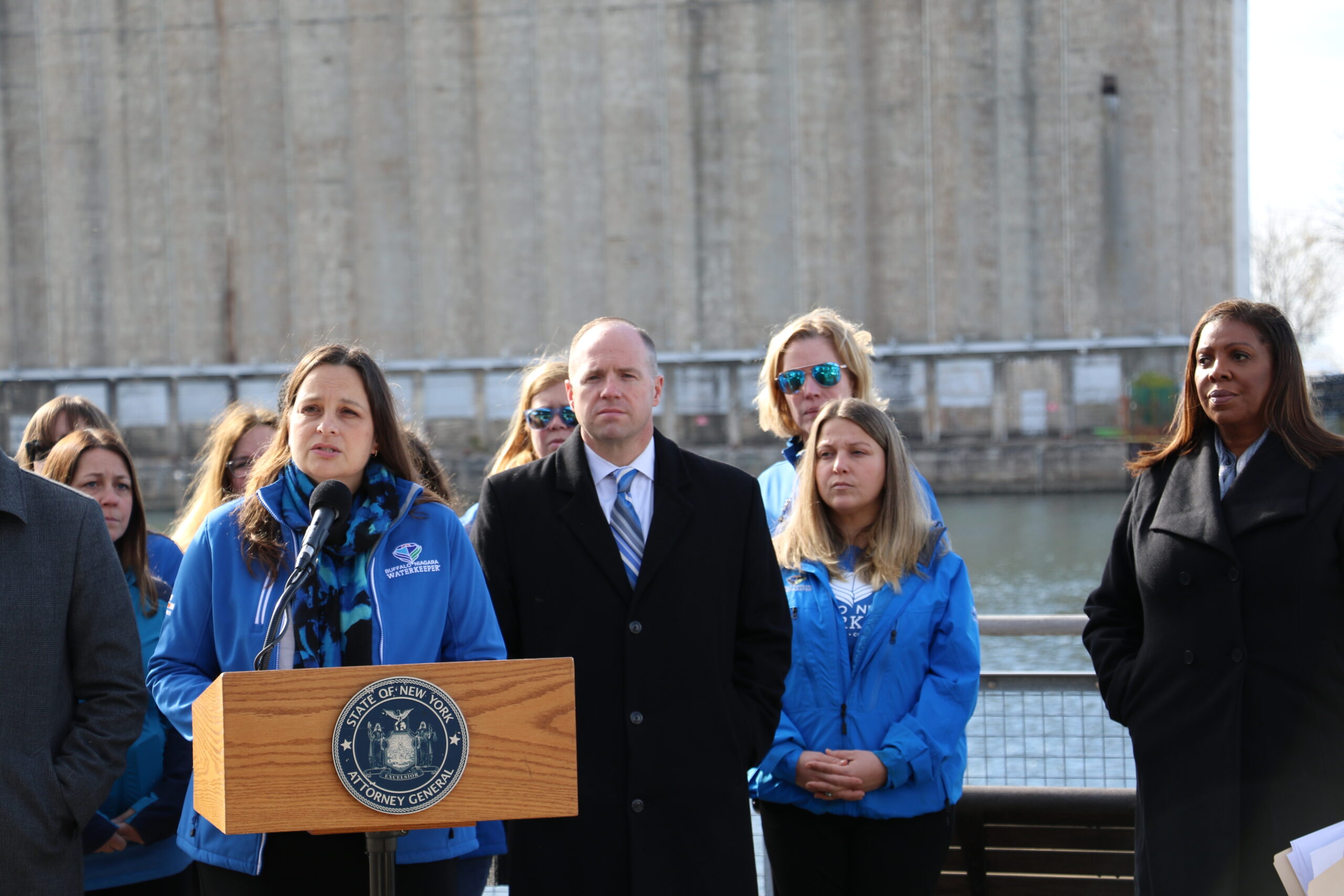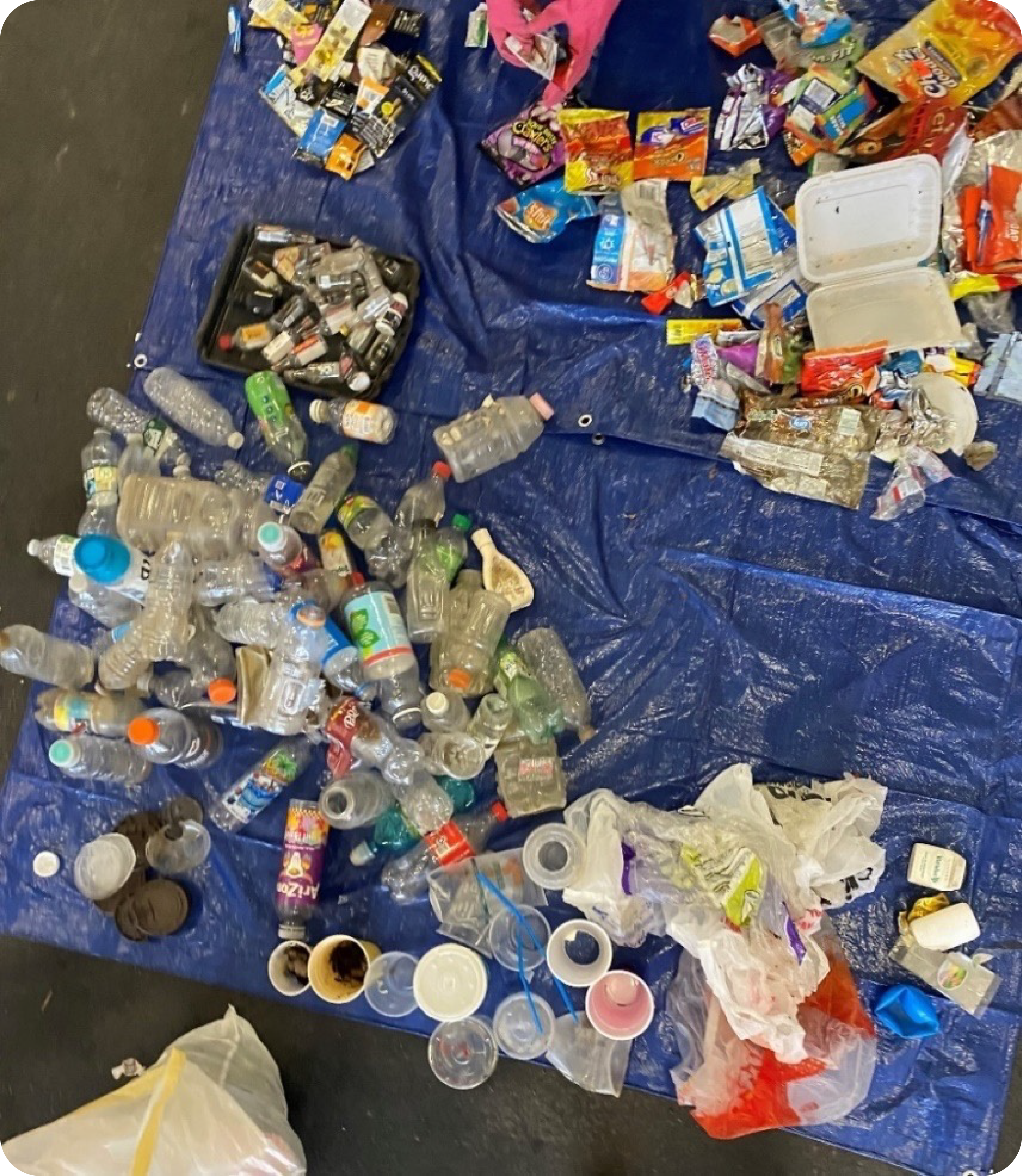Utilizing data collected by Buffalo Niagara Waterkeeper and its thousands of volunteers, the Office of New York State Attorney (OAG) General Letitia James filed a lawsuit against PepsiCo, holding them accountable for their plastic products found along the Buffalo River, jeopardizing the environment and public health.
About the Lawsuit
The OAG claimed that single-use plastic produced by PepsiCo contribute significantly to high levels of plastic pollution along the Buffalo River.
The lawsuit alleged that PepsiCo substantially causes public harm in Buffalo, failed to warn consumers about the potential health and environmental risks of its single-use plastic packaging, and misled consumers and the public about its efforts to combat plastic pollution. The lawsuit demands that PepsiCo end practices that threaten the environment and the public and seeks civil penalties and restitution for the damage inflicted upon New York’s communities and environment.
The initial case was dismissed in late 2024 on legal grounds. Data collection and litigation continue in 2025 following an appeal filed by the OAG.
PepsiCo, which is headquartered in New York State, manufactures, produces, and packages at least 85 different beverage brands and 25 snack food brands that predominantly come in single-use plastic containers.
OAG’s research concluded that PepsiCo’s plastic packaging far exceeded any other source of this identifiable plastic waste along the river, and it was three times more abundant than the next highest contributor.
Help Collect More Data
By participating in the Buffalo Niagara Waterkeeper Spring Sweep or completing a Solo Sweep, you can help collect data on single-use plastic pollution.
Threats Posed by Plastic in the Environment
Plastic pollution along the Buffalo River poses wide-ranging public health and environmental threats. The city of Buffalo sources its drinking water from Lake Erie, less than a mile from the mouth of the Buffalo River, and microplastics have been detected in the city’s drinking water supply. Microplastics have also been detected in fish species that are known to inhabit Lake Erie and the Buffalo River, many of which are food sources for the local community. Humans consume microplastics that contaminate our food and water. Once ingested, microplastics permeate deep into our bodies, blood, and organs, and can even be transferred through the placenta into unborn children. Exposure to microplastics and the chemicals they carry can cause a wide range of adverse health effects, from reproductive dysfunction to inflammation of the intestine and neurotoxic effects.
In addition to negative effects on human health, research surrounding the impact of plastic and microplastic pollution shows negative impacts occurring on a wide range of species living in freshwater and terrestrial habitats due to exposure to various plastic polymers. Microplastics contaminate every level of the food web in the Great Lakes, and both plastic fragments and the chemicals they carry can bioaccumulate in freshwater species. At least 206 freshwater species have been found to ingest or become entangled in plastic, with many adverse and even lethal effects.




